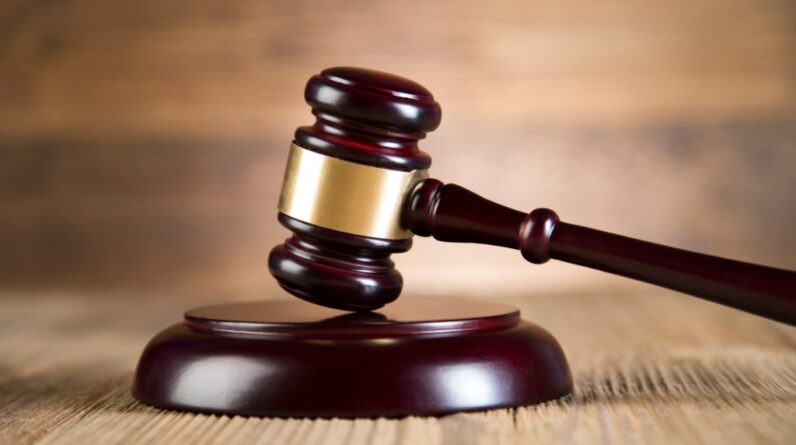
A federal appeals court on Wednesday struck down a 1970s-era ban on local government employees seeking political donations from each other, a decision pushed by a group of South Bay public defenders who sued the state while supporting a colleague’s candidacy for Santa Clara County District Attorney.
It was a law signed by the then governor. Jerry Brown in 1976 which became Section 3205 and loosened the rules on state employees going to each other for political support, fundraising and others, but preserved restrictions on public employees working in the county and other municipal levels. Wednesday’s written decision The Ninth Circuit Court of Appeals, which declared Section 3205 unconstitutional, recalled how Brown’s staff questioned the soundness of the law before it was enacted.
Judge Martha Berzon, writing for the three-judge panel that reviewed the legal challenge, rejected arguments by state Attorney General Rob Bonta’s office that the two-tier rules were necessary to prevent coercion and corruption, and that uniform, statewide oversight of state workers was warranted. why county and local employees were under more scrutiny.
“We do not doubt the interests of the State in the fight against corruption and labor coercion. But we cannot, applying the precepts of the First Amendment, accept California’s “second-class treatment” of local employees, without any plausible reason for the distinction,” Berzon wrote.
Judge Sandra Ikuta wrote a concurring opinion that also criticized the justification presented by Bonta’s office, stating, “California presents no evidence that the solicitation of political donations by state employees from their peers has resulted in corruption, cronyism, or labor coercion. Thus, California’s fear, without any factual support, is the kind of “mere conjecture” that the (US) Supreme Court has held is not “adequate for carry a First Amendment burden.”
Bonta’s office did not immediately respond to a request for comment Wednesday.
More than 1 million local government employees would be affected by the court’s ruling, according to Berzon’s decision. The ruling overturns a decision by U.S. District Judge Haywood Gilliam Jr. to maintain the political solicitation ban in 2021, the year of the initial lawsuit filed by Santa Clara County line public defenders Krista Henneman and Carlie Ware Horne, and the group Progressive Democrats. for Social Justice.
The genesis of the lawsuit stemmed from Henneman and Ware Horne’s support of their colleague Sajid Khan, a deputy deputy public defender who ran to unseat District Attorney Jeff Rosen in the 2022 primary election, which Rosen won directly by obtaining more than 50 percent of the votes. Khan came in third, with Rosen’s former line prosecutor, Daniel Chung, the runner-up, seen by many as a surprise result because he mounted the most publicized and politically supported challenge to Rosen’s bid for to a fourth term.
During Khan’s campaign, the plaintiffs asked why they and Khan were prohibited from directly soliciting political donations and campaign support from their work colleagues, when their counterparts in state government were not. Khan said the Ninth Circuit’s decision vindicated his criticism that Section 3205 unfairly barred them by not effectively allowing them to turn to a recourse that prospective applicants would turn to first: people with the which have worked for years.
“I was a first-time, non-established, non-incumbent candidate going up against an incumbent, needing to raise every dollar I could to overcome that lead,” Khan said in an interview. “It restricted my ability to express my First Amendment rights and communicate with people who were co-workers.”
“This was a groundbreaking decision that will reverberate across the state,” Khan said of the ruling. “It will allow up-and-coming campaigns like mine to tap into people they work with and solicit political contributions, and it could lead to new candidates that aren’t more competitive across the state.”
Charlie Gerstein, a Washington, D.C. attorney who represented the plaintiffs, called the struck down law “something almost indefensible” and was “gratified that we saw justice being served, although unfortunately it took too long time”.
This is a developing story. Check back later for updates.
[ad_2]
Source link





